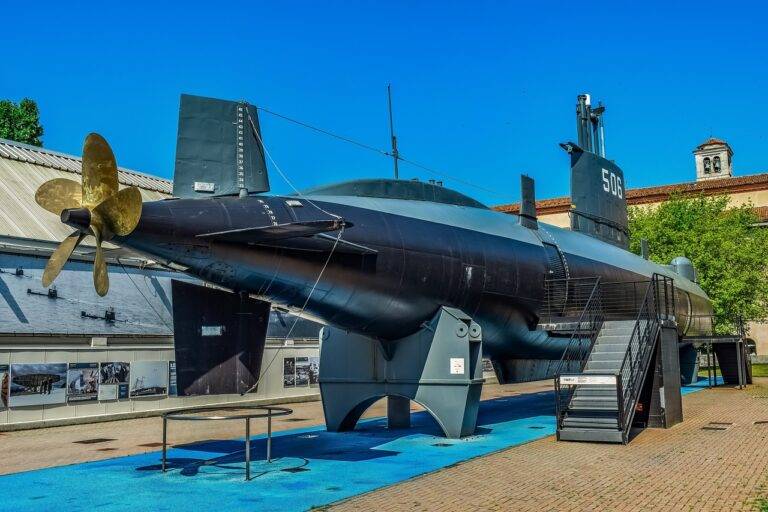The Future of Autonomous Shipping: Unmanned Vessels and Maritime Tech
Autonomous vessels, once a concept confined to science fiction, are now becoming a reality in the maritime industry. With the rapid advancements in technology, ship manufacturers and operators are increasingly investing in autonomous systems to improve efficiency and safety at sea.
These autonomous vessels are equipped with state-of-the-art sensors, artificial intelligence capabilities, and robust communication systems that allow them to navigate the open waters with minimal human intervention. As a result, these ships can operate around the clock, optimize routes, and respond to changing weather conditions more effectively than traditional manned vessels.
• Autonomous vessels are equipped with advanced sensors and artificial intelligence capabilities
• These ships can navigate open waters with minimal human intervention
• Autonomous systems allow for 24/7 operations, optimized routes, and improved response to weather conditions
Advancements in Maritime Technology
The maritime industry has seen significant progress in technology, particularly regarding the navigation systems of ships. With the development of sophisticated sensors and GPS technology, vessels are now able to navigate more efficiently and safely through the waters. These advancements have enhanced the accuracy of route planning and helped reduce the risk of collisions at sea.
In addition to improved navigation systems, the integration of artificial intelligence and automation has revolutionized the way ships operate. Autonomous technology allows vessels to perform various tasks independently, such as maneuvering in congested ports and avoiding obstacles. This has not only increased operational efficiency but also reduced the workload for crew members, leading to enhanced safety and cost-effectiveness in maritime operations.
Challenges and Concerns in Implementing Autonomous Shipping
One key challenge in implementing autonomous shipping is the issue of regulatory frameworks. With the rapid pace of technological advancements in maritime automation, existing regulations may not adequately address the complexities and risks associated with autonomous vessels. This has led to a need for international collaboration and consensus on setting standards that ensure the safe and efficient operation of autonomous ships.
Another concern revolves around cybersecurity threats in autonomous shipping. As vessels become more interconnected through advanced systems and sensors, they become vulnerable to cyber attacks that could compromise their operations and safety. Securing these systems against potential breaches and ensuring data privacy are crucial aspects that need to be addressed to instill confidence in the reliability of autonomous shipping practices.
What are some of the key challenges in implementing autonomous shipping?
Some of the key challenges include regulatory hurdles, cybersecurity concerns, lack of infrastructure, and potential job displacement.
How are advancements in maritime technology contributing to the rise of autonomous vessels?
Advancements in technology such as AI, IoT, and sensors are enabling autonomous vessels to operate more efficiently and safely.
What are some of the main concerns related to autonomous shipping?
Concerns include safety risks, potential for accidents due to lack of human intervention, ethical considerations, and the impact on maritime jobs.
How do regulators plan to address the challenges of implementing autonomous shipping?
Regulators are working on developing international standards and guidelines to ensure the safe and efficient operation of autonomous vessels.
How can the industry address the concerns surrounding autonomous shipping?
The industry can address concerns by investing in cybersecurity measures, training personnel to work with autonomous systems, and collaborating with regulators to address safety and ethical concerns.





